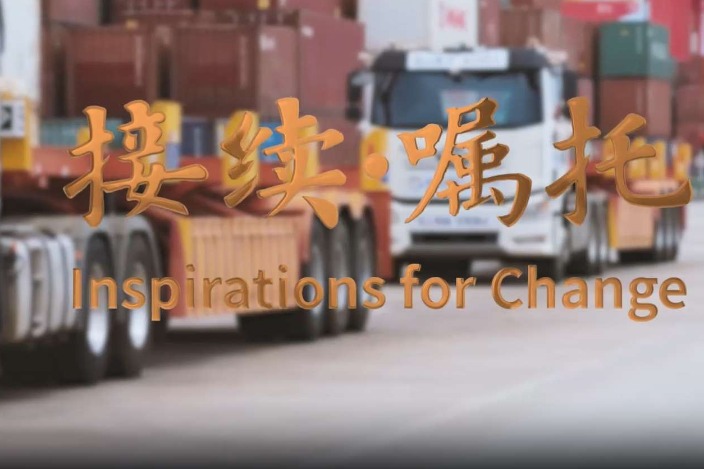Coordinated macro and micro policies essential for economic growth


The day after Government Work Report, the country's banking, commerce, development, finance and securities officials answered questions from the press on the economic policies to be implemented to support the 2024 growth target of around 5 percent.
China's economy faces challenges from a sluggish global economy, geopolitical issues impacting international trade and a recognized need to encourage more consumer spending to grow the economy under the dual-circulation strategy of domestic growth independent of external factors and yet maximizing international opportunities as they arise.
The drivers of demand and, thus, production in the Chinese economy are household consumption of goods and services, private investment, government investment, government current expenditure, and net exports. Strong consumer spending needs growing real incomes and confidence in future economic well-being. However, it can also be encouraged by micro-economic policies. Announcements at the conference included financing to local authorities to promote consumption.
Examples included incentives to replace old household appliances with new models – not only boosting consumption but also providing more energy efficient, modern equipment that are safer to use – and encouraging the replacement of old automobiles, which are inefficient in fossil fuel use and polluting the air, with high technology electric vehicles. In addition, local authorities will be encouraged to promote shopping festivals both offline and online at appropriate holidays.
Similarly, local authorities will be encouraged to promote services in culture, tourism sport and recreation. The potential for this was already illustrated by a comparison of January and February 2024 with 2023, with cultural, travel and tourism spend increasing by over 34 percent in 2024.
However, these policies need to coordinate with plans to increase investment in these areas, such as in the production of electronic vehicles and clean energy sources. The conference learned that production of electric vehicles rose 35 percent and of lithium batteries 25 percent year-on-year.
China also ranked first in exports of such vehicles, illustrating how export challenges can be met by innovation and high-quality products. In addition, support for development of industrial parks, transport connectivity and public services and a highly educated workforce in industrial areas underpins the growth of new industries.
This leads on to the important role of government financing for all these projects and more. Government expenditure is a key component of aggregate demand that can be strategically controlled. A key element to support this was the announcement of the issue of new ultra-long, special treasury bonds each year to fund part of this expenditure, focused on major national strategies and the country's security, including food production and stability. It was announced that 4.9 trillion yuan of new bonds will be issued in the first phase. Total government spending would reach 28.5 trillon yuan. The government deficit to GDP ratio would be at a relatively high level of 3 percent. All of this will underpin economic growth.
Such a boost to government finances at a macro level allows some focused micro changes in tax policies on businesses and fee reductions to assist in development of new enterprises. This can be aligned with the Central Bank's macro monetary policies to increase liquidity through reserve ratio reductions and interest rate cuts.
Officials responding to questions emphasized the importance of co-ordination of the different policies, fiscal, monetary, employment and trade to ensure they reinforce each other. In addition, it was recognized that urbanization will continue to play a key role in China's economic growth and raising of living standards – research has shown that a one per cent rise in urbanization leads to trillions of yuan of new investments and 200 billion yuan of consumption potential – thus urbanization is a key link in the investment and consumption components of aggregate demand.
Colin Speakman is an economist from the UK and an international educator specializing in China. The opinions expressed here are those of the writer and do not necessarily represent the views of China Daily and China Daily website.
If you have a specific expertise, or would like to share your thought about our stories, then send us your writings at opinion@chinadaily.com.cn, and comment@chinadaily.com.cn.
































